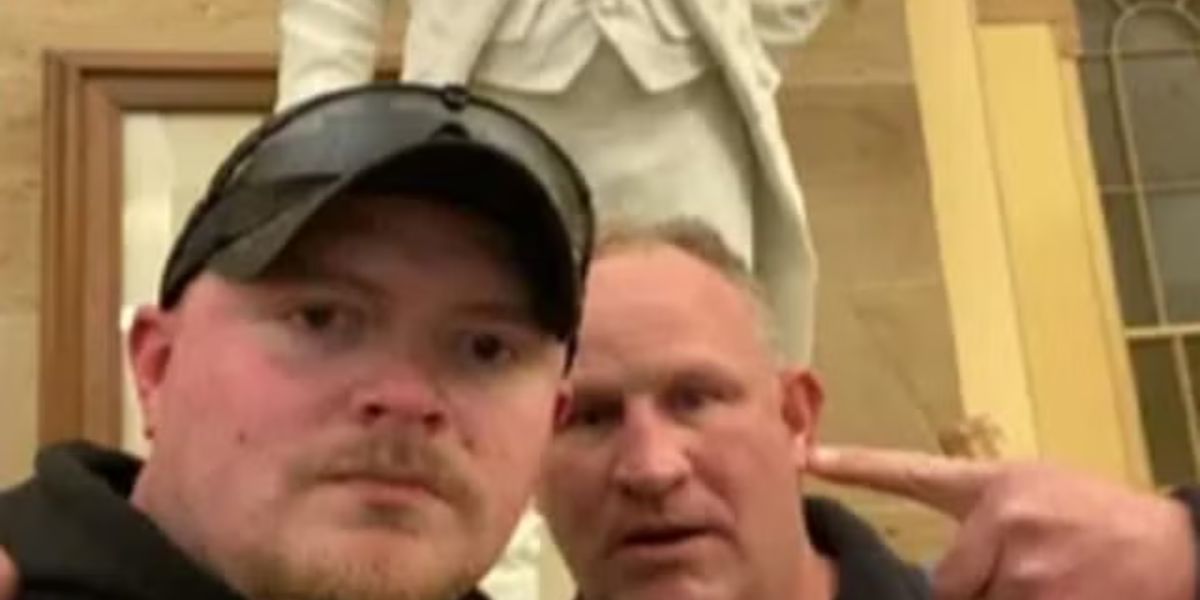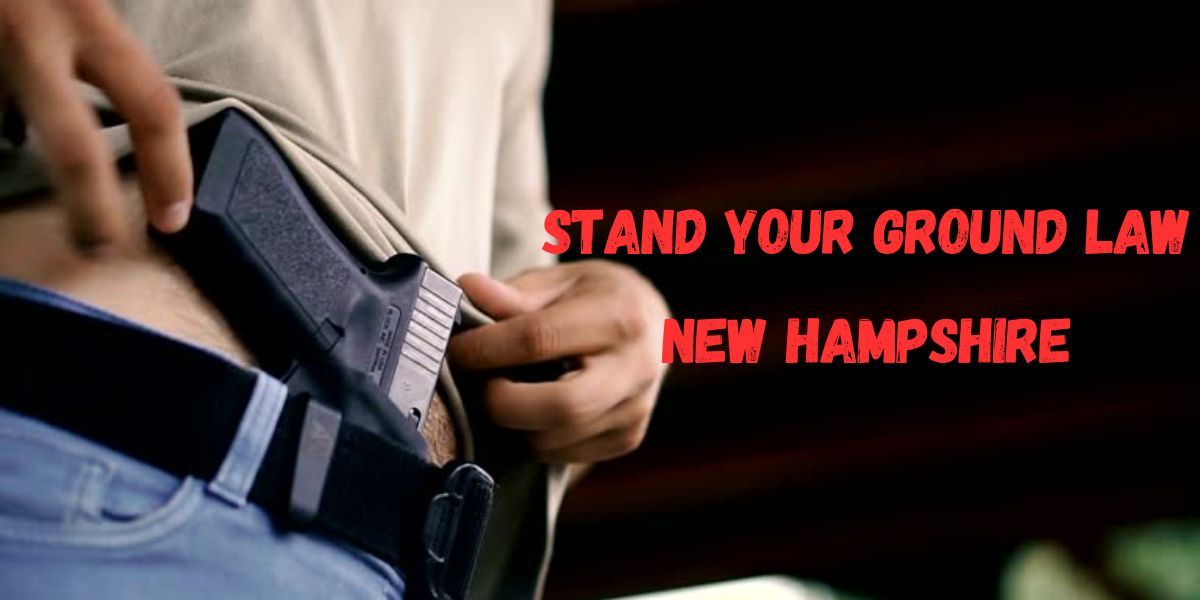A former police officer involved in the January 6 Capitol riot has had his prison sentence reduced following a Supreme Court ruling that limits the application of a federal obstruction charge.
This particular case has the potential to impact the results of other January 6 proceedings, including those involving former President Donald Trump.
Thomas Robertson has been sentenced to seven years in prison for multiple charges, including obstruction of an official proceeding, civil disorder, entering and remaining in a restricted building, and disorderly conduct.
The sentence was shortened to six years on Wednesday. According to USA Today, this marks the first instance of a defendant connected to the insurrection being resentenced following the Supreme Court ruling.
Robertson, along with other defendants, strongly contested the obstruction charge, asserting that the law necessitated proof of “corrupt” intent. Unfortunately, his appeal was unsuccessful.
According to his argument, he did not engage in any corrupt behavior as he did not seek personal gain from his involvement.
On the other hand, Joseph Fischer, a different officer, made the argument that the charge did not apply to him or others like Robertson. He claimed that the law was specifically designed to prevent the destruction of documents following the Enron energy scandal. As the officers made their way into the Capitol, they firmly denied any allegations of destroying public records.
In a significant decision, the Supreme Court has sided with Fischer. As a result, lower courts have been directed to reevaluate obstruction cases to determine if they are linked to record destruction. Fischer will not face charges for obstruction.
Following the Fischer ruling, Robertson made a request for a reduced sentence.
According to one of his attorneys, Mark Rollins, it has been emphasized that although the conviction still stands, there is a need to reevaluate the sentencing using a more favorable approach.
Over 330 individuals out of the original 1,400 charged in the January 6 assault on Congress have been accused of obstruction. Trump is currently facing four federal charges related to his alleged interference in the election. Two of these charges claim that he obstructed an official proceeding, specifically the counting of electoral votes that certified President Joe Biden’s 2020 victory.
No individuals were charged solely with obstruction, according to the Department of Justice.
The prosecution argued for the retention of the original 87-month sentence, citing Robertson’s actions at the capitol.
Robertson and Jacob Fracker, who both served in the city’s police department in Rocky Mount, Virginia, arrived in Washington, DC. A legal document revealed that at the West Front of the Capitol, Robertson allegedly attacked at least two officers using a large wooden stick.
Robertson later took to Facebook to proudly share his experience of entering the Capitol, expressing his belief that those who are unwilling to take risks for their rights have nothing meaningful to contribute.
Robertson disposed of his and Fracker’s phones once he learned about the FBI arrest warrant against him. Firearms were discovered at his residence, despite the conditions of his release explicitly forbidding him from possessing guns.
In April 2022, Robertson was found guilty of all six charges brought against him. The charges included obstruction, interfering with law enforcement, entering a restricted building, disorderly conduct on two counts, and destroying evidence.
The judge during the initial sentencing remarked that Robertson viewed politics as a form of warfare and expressed the belief that he would engage in similar actions if the need arose.
In May, a three-judge panel upheld his conviction, but Judge Karen LeCraft Henderson dissented, stating that she would have overturned the conviction based on the Fischer ruling.




